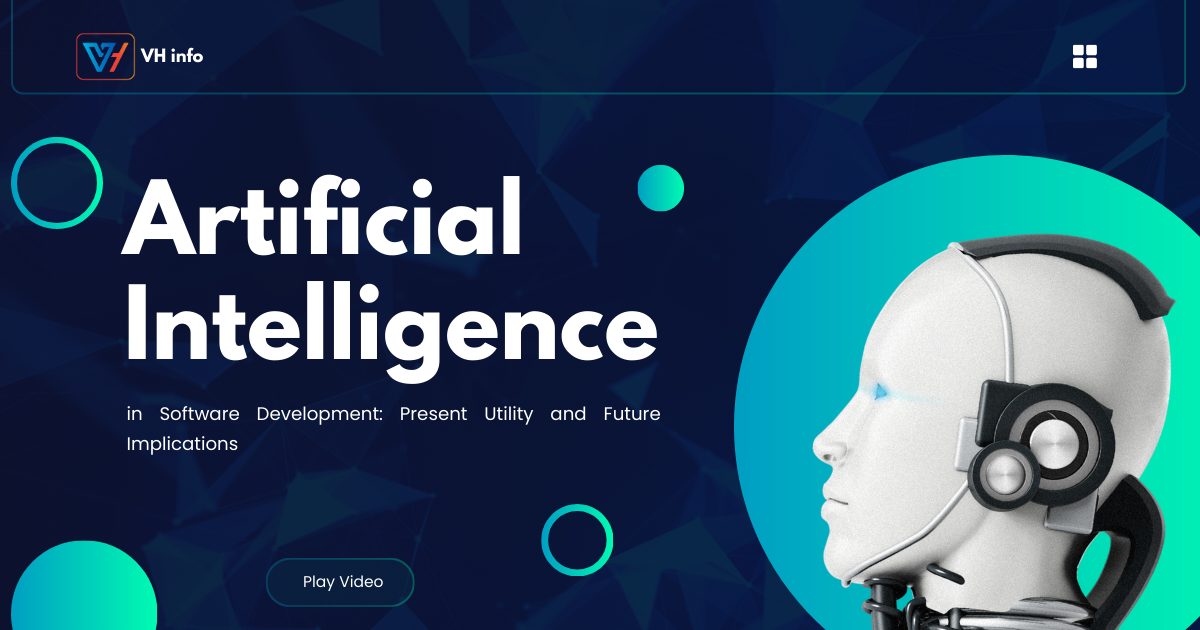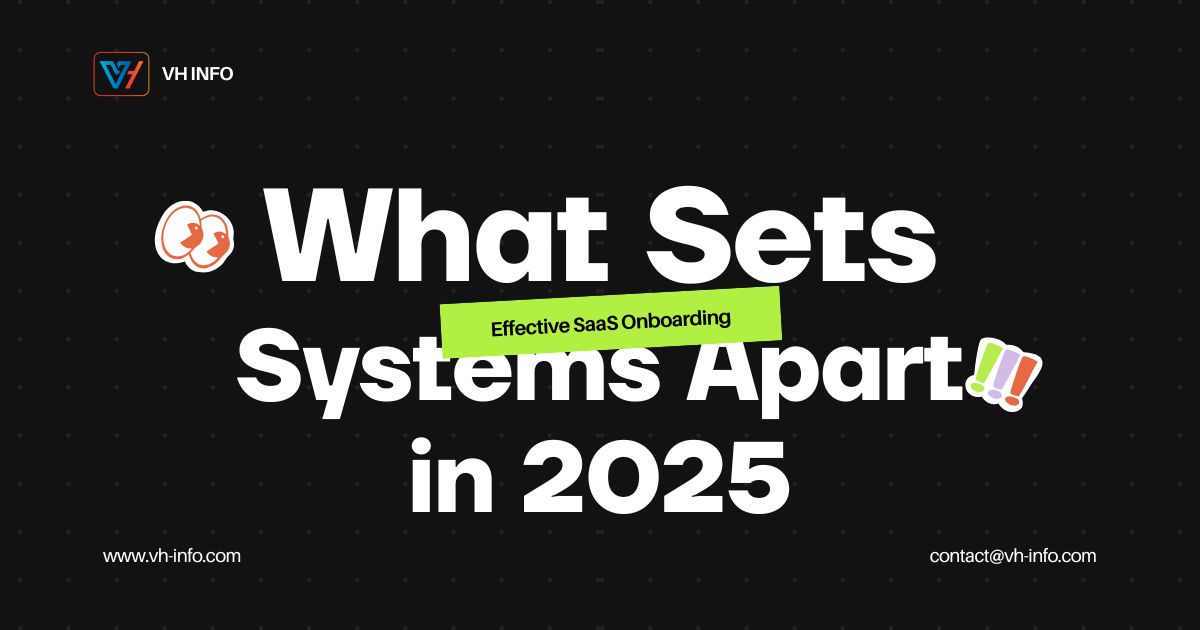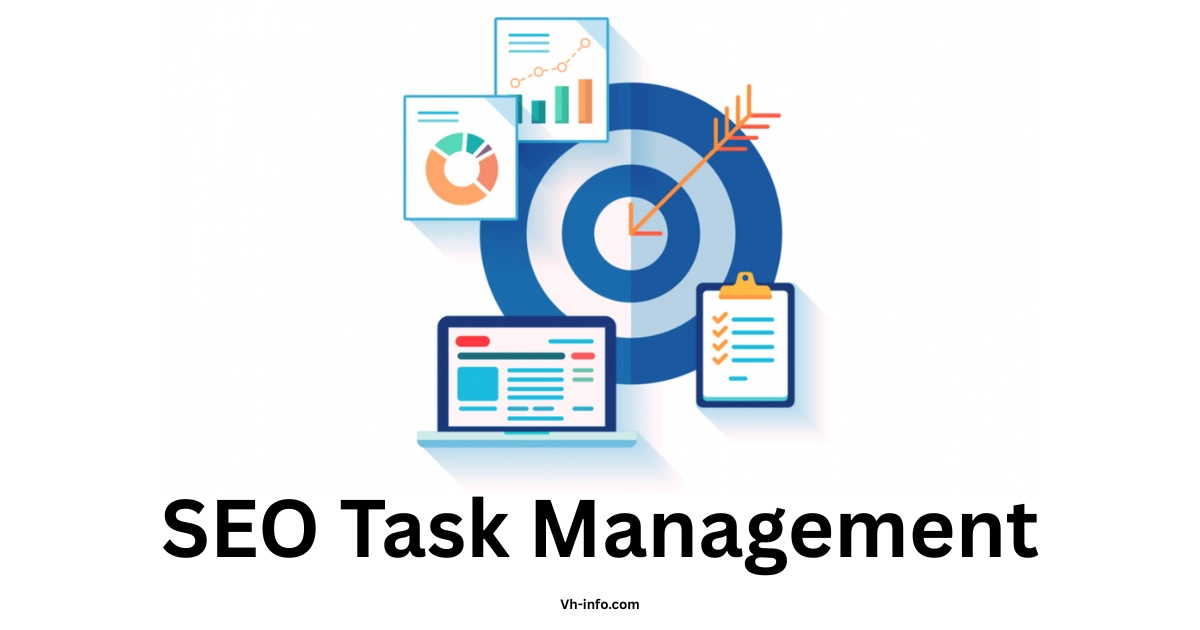In the last few years artificial intelligence has rapidly changed the landscape of software development, how developers think, design and implement solutions. This technological change brings both amazing opportunities and potential challenges that need to be considered. As AI tools get more advanced understanding their current benefits and future implications is crucial for industry professionals and organisations navigating this changing landscape.
Current Benefits for Developers
Automation of Repetitive Tasks
Today’s AI powered development tools excel at automating repetitive and time consuming tasks. AI Code generation assistants can generate boilerplate code, standard functions and even suggest optimal implementations based on context. This automation allows developers to focus on complex problem solving and creative aspects of software engineering rather than coding.
For example AI tools can automatically generate unit tests, refactor existing code for performance and identify potential bugs before they hit production. This reduces the manual effort for quality assurance and overall code reliability.
Intelligent Code Completion and Suggestions
Modern AI powered integrated development environments (IDEs) provide context aware code suggestions that go beyond traditional autocompletion. These systems analyse code patterns, project structure and programming intent to offer relevant suggestions based on best practices and project specific conventions.
By learning from vast public code repositories and adapting to individual coding styles these tools act as intelligent coding partners that anticipate developer needs and reduce cognitive load. This collaboration accelerates development cycles and maintains consistency across large codebases.
Knowledge Augmentation and Learning Acceleration
AI systems are powerful knowledge bases that developers can query for explanations, implementation strategies and debugging assistance. Whether explaining complex algorithms, suggesting architectural patterns or troubleshooting specific errors these tools provide immediate access to synthesised knowledge that would otherwise require extensive research.
For junior developers this accelerates the learning curve by providing context specific guidance. For more experienced developers it provides access to specialisation knowledge outside their primary expertise so they can navigate unfamiliar tech with more confidence.
Natural Language Programming Interfaces
If you’re working on a complex project with unique requirements or need enterprise grade quality you may want to hire dedicated software development company professionals who can strategically use AI tools and apply human insight and expertise where it matters most. These specialized teams know how to complement AI with human creativity and domain knowledge.
The evolution of natural language processing has given us more intuitive interfaces between developers and machines. Developers can now express programming intent in plain language and AI systems will translate that into code. This reduces the barrier to entry for software development and enables faster prototyping. One example of this in a specialized domain is the AI Medical Scribe, which uses natural language understanding to transcribe clinical conversations into structured medical documentation. Though designed for healthcare, it showcases how AI-powered language interfaces can interpret context-rich input and produce accurate, domain-specific outputs — a concept increasingly relevant in software and product development.
Despite all the benefits AI development tools have current limitations. They excel at solving well defined problems with established patterns but struggle with highly novel or complex architectural challenges. Code generated by AI also needs human review to ensure it meets business requirements and security standards.
Future Implications
Developer Role Evolution
As AI gets more advanced, the traditional role of software developers will change significantly. Rather than reducing the need for human developers, this evolution may shift focus towards higher-level design, system architecture, and business logic implementation. With the rise of AI powered development tools, developers will increasingly become “AI supervisors” who direct intelligent systems to implement their vision while focusing on the uniquely human aspects of software creation.
This partnership model could create more fulfilling roles that emphasize creative problem-solving and strategic thinking rather than implementation details. But it will require developers to develop different skill sets that complement rather than compete with AI.
Knowledge Equity and Educational Challenges
AI powered development tools have democratising potential by providing advanced capabilities to developers regardless of their educational background or geographical location. This could help address the global talent shortage in software development and enable more diverse participation in the field.
But over-reliance on these tools without fundamental understanding is a risk. Developers who use AI as a replacement for core knowledge rather than an enhancement may struggle to evaluate the appropriateness of suggested solutions or troubleshoot complex issues. Educational approaches will need to evolve to ensure developers maintain essential competencies while using AI effectively.
Quality Control and Technical Debt
While AI can help identify and fix some types of technical debt it may introduce new complexity. Code generated by AI systems may implement solutions that human developers would not naturally come up with potentially creating maintenance challenges for future teams. As these tools evolve independently of each other integration between different AI generated components may introduce unexpected compatibility issues.
Robust review protocols and comprehensive documentation will become increasingly important safeguards against these risks. Organisations will need to develop governance frameworks that maximise AI benefits while minimising the negative consequences.
Security and Intellectual Property
As AI systems learn from vast code repositories questions arise around intellectual property and security vulnerabilities. Code generated by AI may unintentionally reproduce copyrighted patterns or incorporate insecure code from the training data. These concerns require careful consideration of both legal and security implications.
Malicious actors could also use AI to generate sophisticated attack vectors or obfuscated malware that evades traditional detection. The security community will need to develop new ways to detect and mitigate these emerging threats.
Balanced Approach
The way forward for AI in software development is thoughtful integration that preserves human oversight while Maximising the benefits. By setting clear guidelines for AI use organisations can use the tools for productivity gains while maintaining quality controls.
Developers should use AI as augmentation not replacement – a powerful tool that handles the routine tasks while freeing human creativity for the complex challenges. This mindset encourages continuous learning and adaptation as the relationship between human developers and AI systems evolves.
Conclusion
AI has already delivered significant productivity and capability gains to the software development process. Its current utility is undeniable especially in automating routine tasks and providing knowledge support. The future impact will be how the industry approaches the integration and governance of more powerful AI tools.
Rather than seeing AI as a binary helpful/harmful the software development community should see this technology as a force that requires management. By keeping human creativity, judgment and ethical oversight at the centre organisations can navigate this change in a way that enhances rather than diminishes the software development profession. The most successful approaches will combine AI efficiency with human insight, creating development processes that are more productive and more fulfilling.



